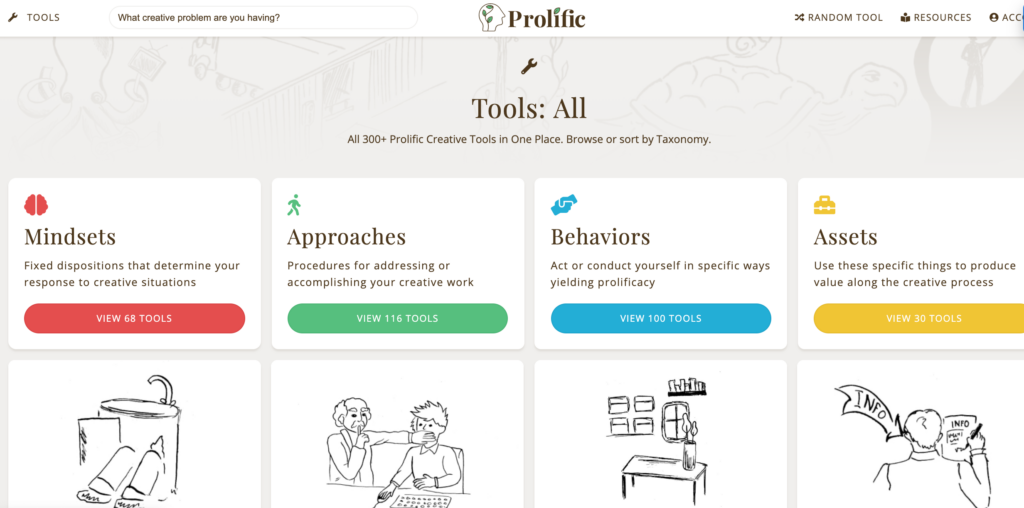Evolution is the process of many tiny incremental changes. And it’s a beautiful thing. We suddenly find a new purpose for one or more of our parts, but without significantly diminishing the old function, and it feels like magic.
Darwin’s work on natural selection says that among organisms, there is no such thing as better or worse, smart or dumb, good or bad, strong or weak. There is only well or poorly adapted to one’s environment.
This principle explains how we gain healthy stability in our lives. Just like the fated fish crawling out of the water and beginning to crawl on land, we too begin maneuvering our way to something that works.
Starting a new job often stimulates this kind of growth. We get thrown into a new role, a new team, or a new organization or industry, and finally we are able to utilize the full diversity of our talents on a regular basis.
We can flex those muscles we knew we had, but we were just waiting for the right environment in which to use them.
It almost becomes a game to see what part of ourselves we can bring to work every day.
Is your personality suited for the path you’re taking? Are you adapting your way into work that you’re uniquely suited for?
Byrne famously said that genius, the emergence of a truly remarkable and memorable work, appears when a thing is perfectly suited to its context. When something works, it strikes people as not just being a clever adaptation, but as emotionally resonant as well. When the right thing is in the right place, we are moved.
One of my good friends has struggled with this for years. Her talent stack is extraordinary, and yet, every few months, she finds herself spinning her wheels in the mud of frustration and dissatisfaction.
Nothing career threatening, she simply hasn’t quite unlocked the right platform to exploit her gifts in the most powerful way yet.
But her evolution will happen eventually. Nature is smarter than we are, it doesn’t need a reminder to never give it, and it has its own tempo and flow of which we are all only a small part.
Sometimes it just takes a while.
Hopefully she’ll still be around when the world is finally ready for her.
LET ME ASK YA THIS…
Is your dissatisfaction stemming from a lack of talent, or a lack of platform?

